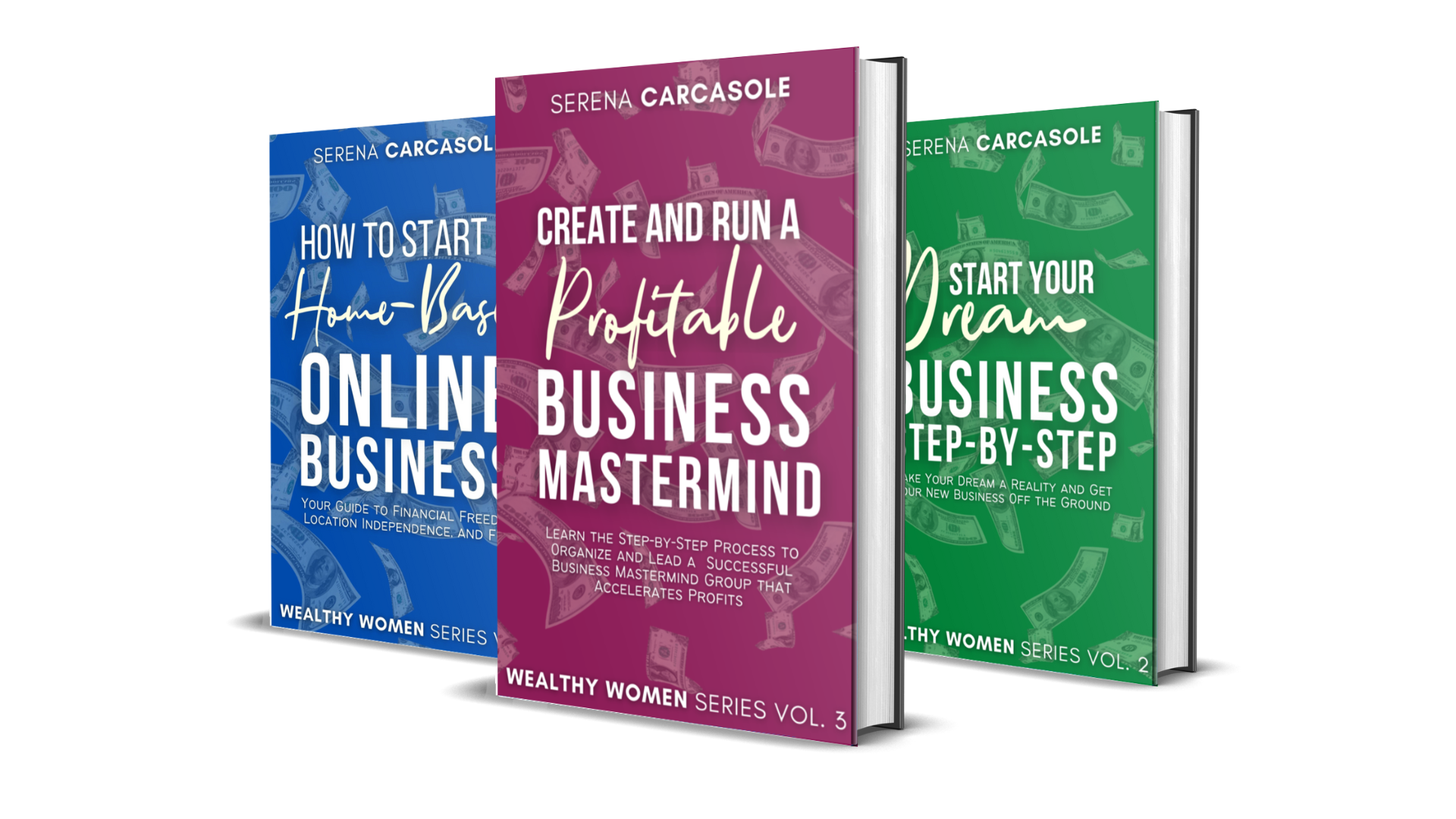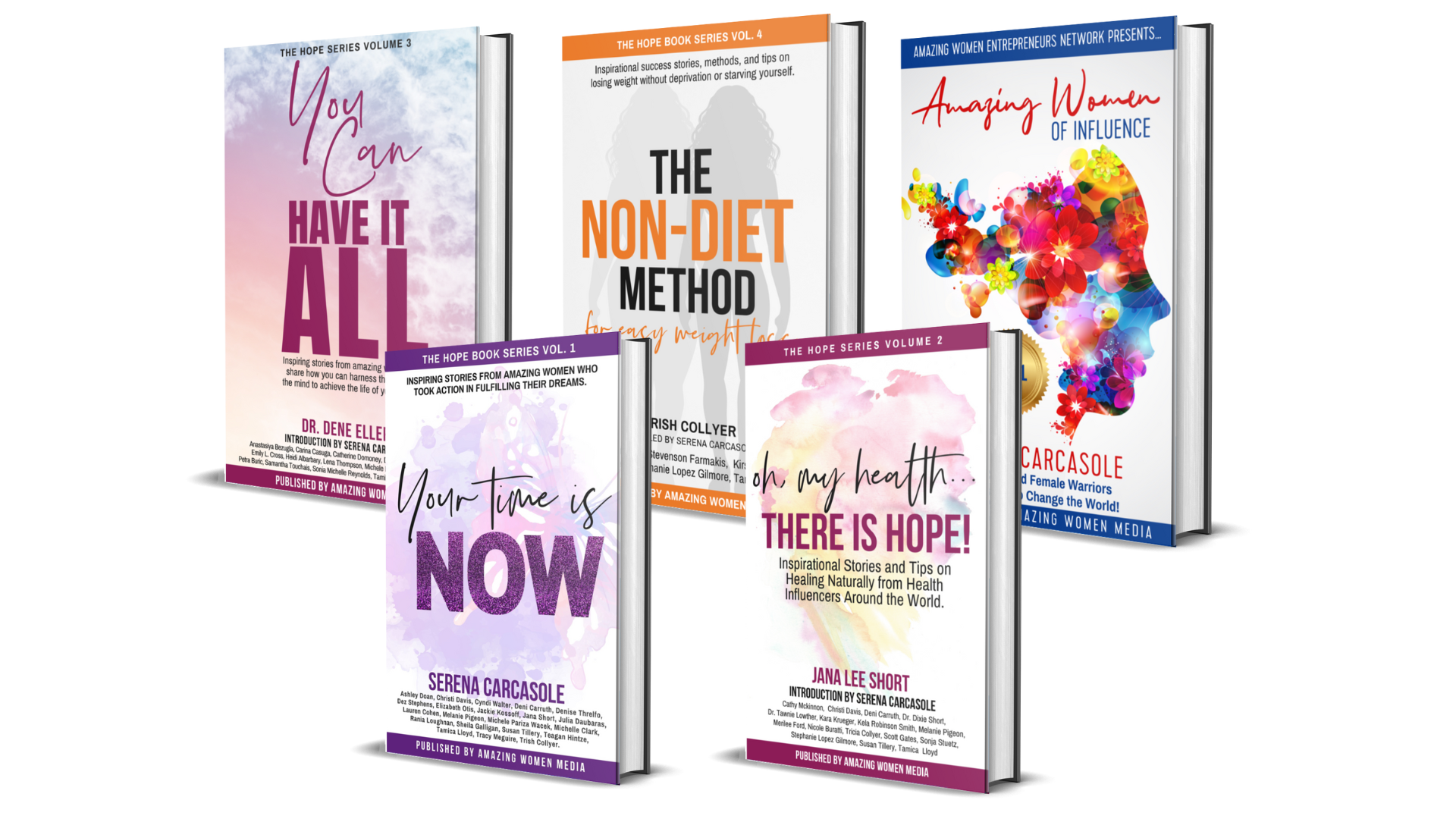As a certified life coach, you pretty much get it all: you have the chance to change your clients' lives, and you also get to run your own business.
Although it's amazing to be able to support your clients in finding their purpose, achieving their goals, and changing their lives, there is a lot more to being a certified coach—and in this article, we outline six things you should know about becoming a life coach:
- Certification isn't required, but it's critical to your success.
Because coaching is an unregulated industry, you don't need a certification in order to practice, to hang out your shingle, or to start a business.
But, if you're dedicated to helping your clients get the results for which they hire you, then training and certification are definite musts.
Education is always a good idea, even if you're talented, smart, or particularly gifted at coaching. Certification is an opportunity to learn specific skills and tools from experts.
- Coaching is a fast-growing industry, which means two things: it works, and you must specialize.
Coaching is now a multi-billion-dollar industry! And that's because it works. We know the coach-client relationship is successful, but the boom of the coaching industry also means you've got to find a way to stand out. You must find a niche: a specific group of people with a specific problem you can solve in a specific way.
Yes, we're saying you need to dial down on your niche. But if you haven't decided what your niche is just yet, it's okay: just start working with clients, and you'll discover a pattern in the kinds of clients with whom you like to work.
- Making a great living takes time—but it IS possible.
Success doesn't happen overnight. Have realistic expectations as you switch from one job or career to another. It will take time to become established as a coach, and to begin making enough money to support yourself. Consider working part-time at a regular job as you transition to becoming a coach, or saving up before you stop working at your current job so you have financial security as you start your practice.
- Many different business models exist by which you can share your services and make a living.
While you may be thinking of making a living by offering hourly appointments, that's not the only way to go. Thanks to the Internet, many coaches today make a great living by offering group programs, books, or self-guided programs.
- Running a coaching business is NOT all about coaching.
Of course, if you become certified as a coach, you will spend some time coaching. But you'll also be a business owner, so keep in mind that you'll have to spend time on non-coaching business tasks like accounting, answering emails, and marketing.
If this makes you cringe, then it may be wise to find a different job that allows you to use your coaching skills but doesn't require you to handle all those other business-related tasks.
- Coaching helps change people's lives, but it is NOT counseling.
Coaching and counseling may seem similar at first glance—but they're actually quite different. If you are on the fence about which one to pursue, then you may want to read my blog post, 6 Differences Between Coaching and Counseling, here).
You see, coaching is all about moving forward, taking specific actions to reach specific goals in a specific amount of time. Counseling is all about healing from past traumas. So although both change lives, the role of a coach is dramatically different from that of a counselor.
In conclusion …
While life coaching has become increasingly popular in recent years, that doesn't mean it's for everyone! If you're considering becoming a life coach, then do your research so you can get a clear picture of what it's really like. Because when you're meant to be a life coach, and you enjoy it, it's a very fulfilling career!
We'd love to hear from you: why does coaching appeal to you?

- Not All Coaching Certifications Are Created Equal: Here's What to Look For - August 25, 2019
- Want to Quit the 9 to 5? Become a Holistic Coach! - February 23, 2019
- 6 Reasons It’s Critically Important to Earn Your Coaching Certification - October 16, 2018






